Table of Contents
Glass is not compostable because it consists of inorganic materials. Unfortunately, no organism can effectively break down glass into simpler forms. However, it can be broken down into smaller pieces and recycled at commercial facilities to create new glass products. Home compost containers are not suitable for processing glass.
Unlike other packaging materials such as paper, cardboard, plastic, and Styrofoam™, glasses are more resistant to damage. The United Nations hailed 2022 as the International Year of Glass to commemorate the material’s widespread use and functionality. From holding liquids to food preservation, glass has proven itself an amazing material at home.
Your compost pile won’t benefit from glass because it offers no nutrients for composting organisms. It can hinder their access to other organic materials in the pile and prevent proper aeration. These issues slow down the decomposition process, and the glass pieces can be hazardous if handled improperly.
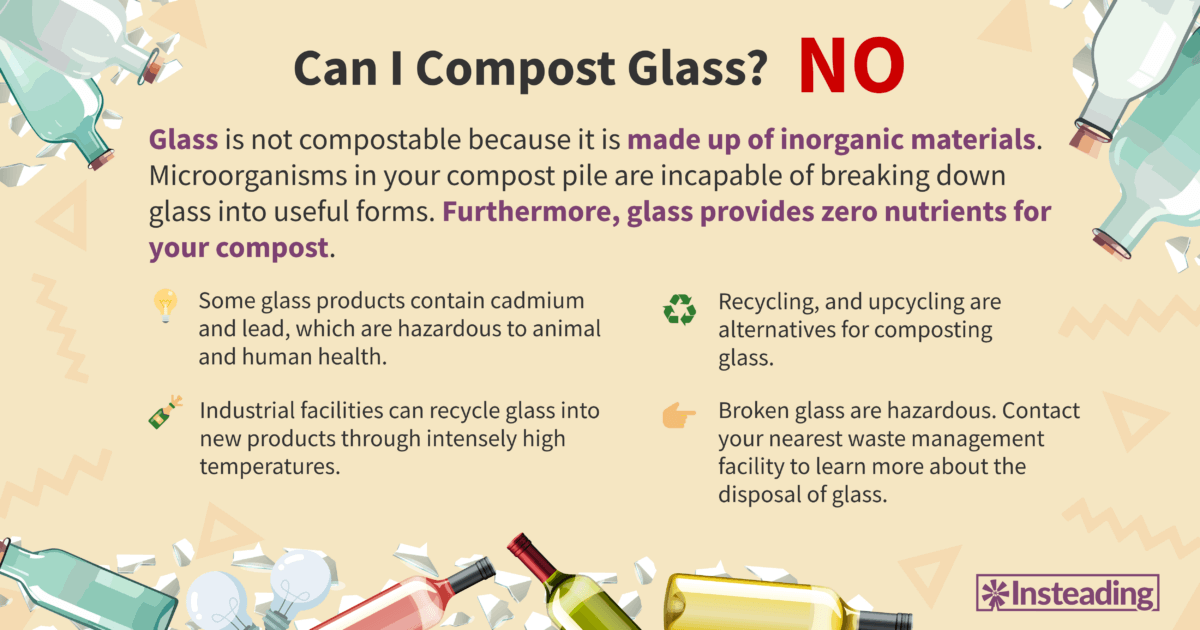
Some glass items contain toxic cadmium and lead, which can leak into the environment and damage both animal and human health if not properly disposed of.
Commercial recycling and household upcycling serve as alternatives to composting glass. In California alone, there are 1,262 statewide recycling facilities that collect beverage containers and provide incentives to those who return them.
For restaurants or small businesses that regularly deal with wine bottles, broken dinner plates, and wine glasses, it’s recommended to book a pick-up service for the proper disposal of such nonfood items.
How Long Does Glass Take to Decompose?
The New Hampshire Department of Environmental Services estimates that glass may take 1 million years to break down in the environment. Although glass is not biodegradable, physical and environmental means can degrade it into simpler forms. Due to its resistant characteristic, some glasses from ancient Egypt and other points of history still exist.
In 20 to 100 years, glass that enters the ocean will break apart into small pieces and transform into sea glass.
How Glass Affects the Composting Process
Because glass isn’t compostable, mixing it with your compost can disrupt the decomposition, negatively impact the quality of the finished compost, and pose a threat to your safety.
Impact on Decomposition
Unlike food waste (fruit scraps, and vegetable trimmings), glass is an inorganic material that does not break down in the compost pile or compost bin. Organisms do not benefit from compounds like silica, lime, and soda found in glass pieces. In fact, no organism can safely and efficiently process and consume glass.
Furthermore, glass fragments in your compost pile can physically prevent microorganisms from accessing organic materials and block oxygen from aerating the pile. Consequently, decomposition slows down. You might also get cut if you mishandle these pieces.
Microbial Activity
Composting heavily relies on the community of microorganisms to compost organic matter. Glass offers neither carbon nor nitrogen to the compost. Both nutrients are needed for the growth of microorganisms. The decomposition also slows down because the pieces may prevent microorganisms from reaching other organic materials and hinder proper aeration.
Temperature and Moisture
To ensure a successful compost, aim for optimal temperatures and balanced moisture levels. Adding glass to your compost pile or compost container might prevent you from reaching these conditions. Glass pieces obstruct airflow in the pile, and unlike other organic brown materials, they cannot absorb excess water.
Potential Issues With Composting Glass
Aside from the negative impacts of glass to the composting process, glass pieces are hazards to your safety. Mishandling compost with glass can lead to unwanted cuts. These wounds can become entry points for bacteria and other organisms, potentially causing infections.
Environmental Impacts of Glass
A common misconception about glass is that it poses no harm to the environment. However, a recent study from the University of Southampton suggests that glass is four times more damaging to the environment than plastics. The manufacturing process of new virgin glass requires high temperatures and more natural resources. Melting raw materials for glass and combusting them results in carbon dioxide (CO2) emissions, a greenhouse gas contributing to global warming.
In addition, these raw materials release particles into the Earth’s atmosphere, posing concerns for public health. For example, long-term inhalation of silica dust causes silicosis, a chronic lung condition. Silica, a naturally occurring substance, makes up 59% of the Earth’s crust. Extracting it for glass production has been linked to soil degradation and biodiversity decline.
Glass production has a higher environmental footprint than plastic or other packaging materials. However, glassware and other glass products offer high recyclability and reusability value due to their durability.
Once produced, most glass products like window glass are nontoxic to the environment. Degraded glass does not release harmful chemicals. However, other glass products like light bulbs and ray tubes contain toxins–like cadmium and lead–that can harm the environment if not disposed of properly.
Alternatives to Composting Glass
Although glass waste is unsuitable for compost, you can dispose of it safely and sustainably using alternative methods.
Industrial Recycling of Glass
Industrial recycling companies process glass waste by crushing it into tiny cullets before using it to create new products. The quality and durability of recycled glass remain unchanged, and fewer natural resources are mined from the environment, reducing negative impacts.
Companies like Strategic Materials, Inc. recycle glass by color. When creating new glass products, they cannot use 100% recycled glass. For example, green glass can only be made with 95% recycled glass while transparent glass can be made with 60% recycled glass (to avoid contamination).
If you are a resident of Utah, place your glass in a Momentum Recycling bin or leave it at your curbside bin for pick-up. Look for their bin locations and collection schedule here!
In California, over 1,262 recycling centers buy recyclable beverage containers including glass bottles. CalRecycle offers monetary incentives to those who submit eligible beverage containers. Locate the nearest recycling center in your area today.
Local waste management company, Epic Glass Recycling in Arkansas is dedicated to reducing glass waste from local landfills. Their drop-off locations are free to the public and available 24/7.
Some commercial recycling facilities do not accept broken glass as it can pose hazards to their employees. Contact your nearest recycling facility to learn more about their guidelines and how they accept glass waste.
Upcycling Glass
Upcycling glass breathes new life into it. Repurposed glass can serve various functions and become valuable additions to your home.
You can reuse old glass jars and candle containers as planters or vases for indoor or outdoor plants. Mason jars can even hold water for self-watering planters.
Use clean, reusable glass containers to organize office or bathroom materials. If you run out of containers for your oil and condiments, store them inside empty wine bottles.
When upcycling glass, the only limit is your imagination!
Disposal Options for Glass
If recycling or upcycling is not possible, reach out to your local waste management facility to learn the proper disposal methods of glass. Leaving them at your garbage bin along with other waste is not advisable and may become hazardous for collectors.
FAQ
Can I compost broken glass bottles?
Broken glass is not compostable because it is not biodegradable. Microorganisms in the compost pile are incapable of breaking down this hazardous waste into simpler forms. In addition, the pile or the microorganisms will not benefit from the glass. Instead, it will cause some problems in the pile and become a hazard to you.
Why doesn’t glass decompose?
Manufacturers use resilient inorganic substances to strengthen glass products. It takes approximately 1 million years for glass to fully decompose in the environment. However, physical means can break it down into small pieces.
Can I compost glass cookware?
You cannot compost glass cookware because composting methods cannot break down the resilient components in most glass cookware. Consider other composting alternatives or dispose of these materials properly.


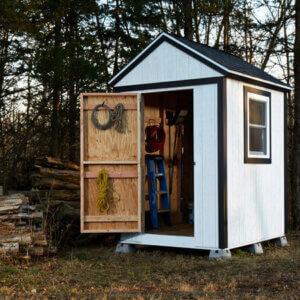
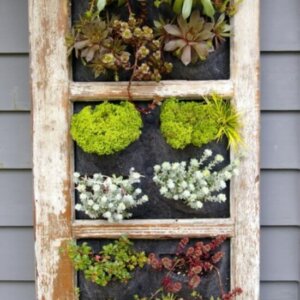
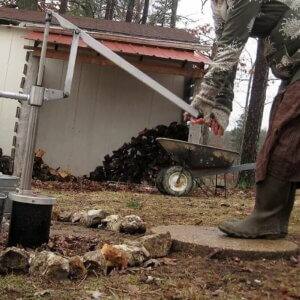
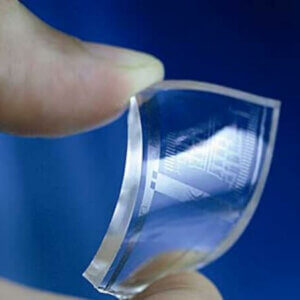




































Leave a Reply